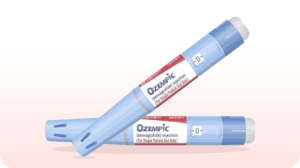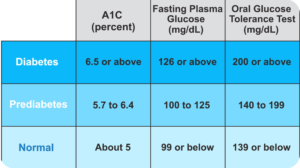The results of a recently concluded drug trial may offer hope for Alzheimer’s patients. The drug lecanemab appeared to slow cognitive decline by 27 percent in trial participants (early-stage Alzheimer’s patients), compared to a group that received a placebo. That is considered a significant impact and could potentially be groundbreaking, leading to further drug development.

Pharmaceutical companies have long struggled to find an effective treatment for this dehumanizing and devastating illness. Alzheimer’s is believed to afflict 6.5 million Americans, and more than 50 million people worldwide. Currently, there is no effective treatment proven to slow, much less reverse, the inevitable progression of the disease.
Although far from a cure, this is the most promising development in drug treatments for the disease thus far. The corporate partnership that developed the drug is seeking fast-track FDA approval by the end of January 2023, and distribution of the drug by the end of that year.
Fighting Amyloid
Lecanemab is designed to attack the disease with an approach that many earlier drugs have attempted, but not achieved. It’s intended to remove the sticky plaque formed by the protein amyloid beta, which is associated with the loss of cognitive function that defines Alzheimer’s.
That approach has been the subject of much debate and controversy within the scientific community, especially given that several drugs designed to do exactly that had failed to have any measurable impact on the progression of the disease. Medical professionals and researchers believe that given the complexity of the disease, a multi-pronged approach may ultimately be required to beat or stop it.
For the moment, though lecanemab holds hope for Alzheimer’s patients and their families, all of whom have had precious little reason for optimism up until this point.
Beyond the Drug
Although no holistic treatment or supplement has proven effective against Alzheimer’s in a clinical environment, there are steps you can take to diminish your risk.
- Don’t smoke. Studies have found that smokers may be as much as 30 percent more likely to develop the disease than those who don’t smoke.
- Don’t drink. Although alcohol use has not been conclusively linked to the onset or progression of Alzheimer’s, excessive alcohol consumption (more than fourteen drinks per week for men and seven for women) can lead to brain damage, which contributes to an individual’s susceptibility to dementia and Alzheimer’s.
- Eat Mediterranean. Some study data indicates a link between eating a typical Mediterranean diet high in healthy unsaturated fats and omega-3 fatty acids, and a reduced risk of Alzheimer’s.
- Exercise. Studies have linked regular exercise (3 to 6 hours of exercise per week) and physical fitness to a significantly lower risk of Alzheimer’s.
- Social engagement, music, and language. Researchers theorize that regular social engagement, learning a new musical instrument or foreign language, and regularly solving puzzles may “exercise” the brain and reduce the risk and progression of Alzheimer’s.
- Stay informed. Check the Alzheimer’s Association website for updates and new study results.
Obviously, a healthy lifestyle extends to the brain. If you’re concerned about Alzheimer’s—and especially if you have a family history of the disease—take steps to ensure deep healthy sleep, eat well, and exercise regularly to give yourself the best chance of avoiding the disease. If you or someone you love is wrestling with a new diagnosis of Alzheimer’s, consult a physician to see if lecanemab might be an appropriate course of treatment.
Share some love if you like this post!







